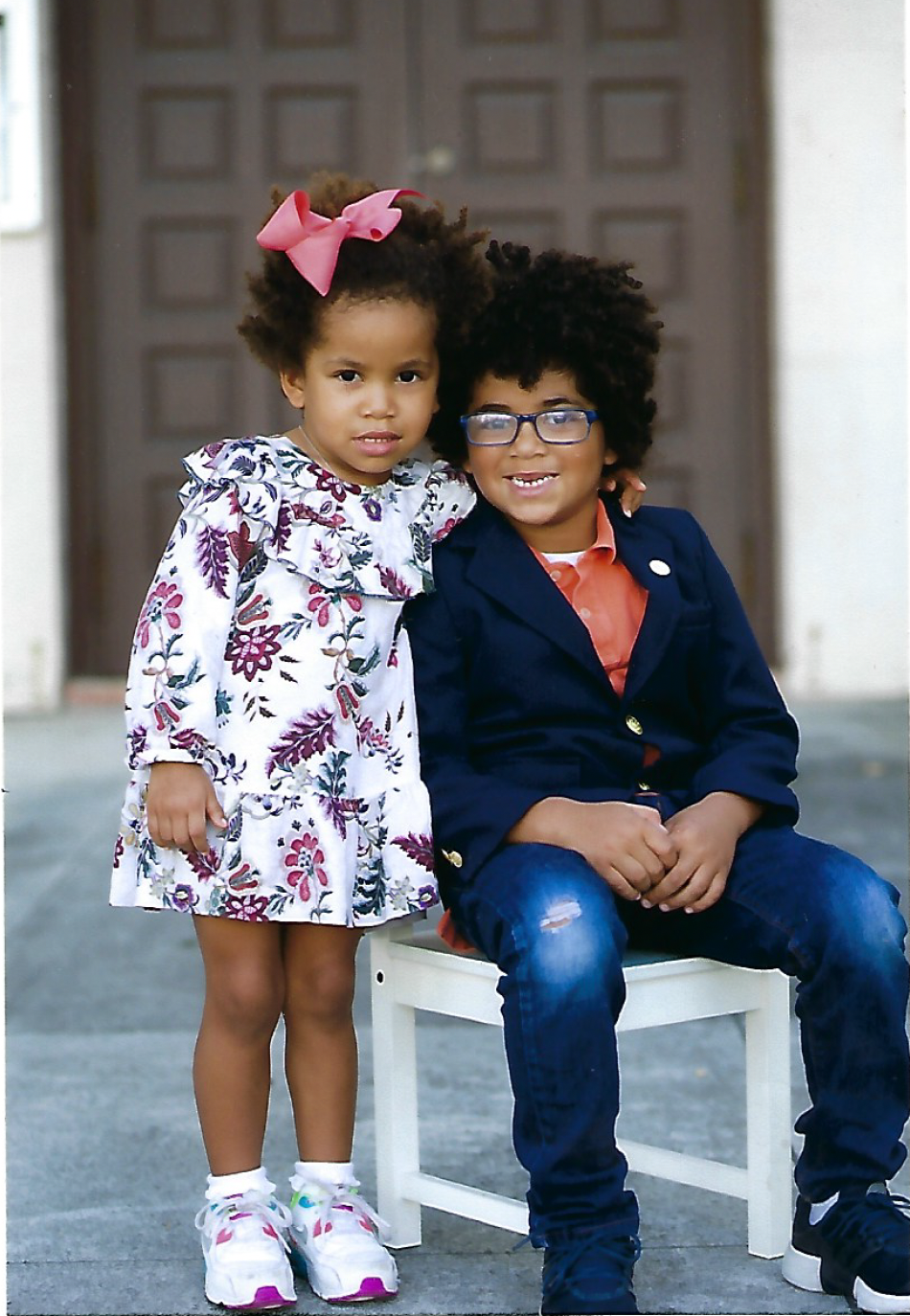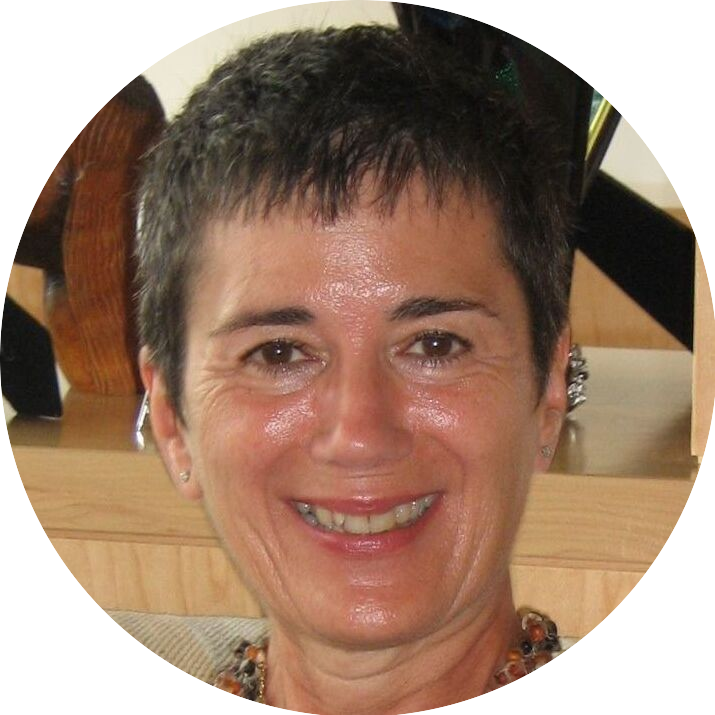Reflections in the time of COVID-19
Posted: Apr 20, 2020
In this new feature we invite short (500-word) reflections from feminist psychologists, students, and scholars to be published quickly at the Standpoints blog site.
Our aim is for these reflections to facilitate solidarity, community, and activism at the very time that this pandemic keeps us physically apart and lays bare the extreme injustices – literally who is let to live and who is left to die – caused by the patriarchal, racist, colonizing, neoliberal world order that we find ourselves in. Read more in Standpoints editor Tal Davidson’s prior blog post, which articulated this intention at greater length (we would also accept longer posts!)
How can we envision a radically new and nurturant future for all humans and the Earth? What steps might we take in the present? What wisdom can we impart from the past?
Please email your 500-word reflection directly to Tal Davidson, tald12 at yorku dot ca.
The first post in the series is contributed by Louise Silverstein, who was interviewed for the Psychology’s Feminist Voices Oral History project way back in 2006 by Leeat Granek. Dr. Silverstein has published extensively on feminist family therapy, masculinity and fatherhood, and has consistently advocated for feminist community – women supporting women – as a source of personal and political transformation.
Thinking of you,
Professor in the Historical, Theoretical, and Critical Studies of Psychology graduate program at York University. She is also affiliated with the Feminist, Gender, & Women’s Studies and Science & Technology Studies graduate programs, is a founding member of the Critical Psychology Network, and is founder and director of Psychology’s Feminist Voices.
“Be Bold”: To the Next Generation of Women and the Men Who Will Support Them

As I look back at my career, I realize that virtually every article I published generated intense anxiety in the patriarchy, and then direct attacks on me. Each event generated anxiety and stress – but I did not think about the cumulative effect of these repeated stressful experiences.
I had the benefit of many kinds of privilege: White, heterosexual, married which gave me financial stability, and a supportive department Chair and Dean. During those years, I was aware of similar attacks on Laura Brown, Nancy Felipe Russo and Beverly Greene. I’m sure that the situation was much worse for less privileged women.
At the moment, I am worrying about the next generation. As I watch a young friend try to navigate the world of philanthropic fundraising and arts administration, I see horrible behaviour toward her from both men and, sadly, from women.
As an example, in her second-to-last job, a male co-worker, in the middle of a meeting, put his hand over her mouth because he did not want to hear what she had to say!! When she complained to HR, they did nothing.
She quit her most recent job because the atmosphere was toxic. Of course, the word went out that she had been fired. After she left, they hired 3 people to replace her – illustrating how badly she had been exploited. Within six months, two of the new hires had left, and the third left shortly afterward. Unfortunately, I could give several other examples.
Recently, I have been writing “memoir essays,” short stories about various experiences in my life. For example, I wrote about the impact of going to a woman’s college in the1960’s, and being totally supported by scholarship and loan support. This experience transformed me from a party girl who did not know that she was smart, to a serious scholar – graduating Phi Beta Kappa and Magna cum Laude. Another essay helped me realize that my longing to return to the weight of my 30’s was not about weight at all, but actually an effort to deny the reality of death.
“Be Bold” would speak directly to the next generations of women and the men they need to support them. Encouraging them to be true to themselves; to take chances; while at the same time making sure that they had enough access to power, privilege and allies to protect themselves.
I’m interested in what other feminists are thinking about.
Louise Silverstein
April 15, 2020
Author Bio

Louise Silverstein is a feminist therapist, parenthood researcher, and professor emerita at the Ferkhauf Graduate School of Psychology at Yeshiva University. She is profiled on the Psychology’s Feminist Voices website.
